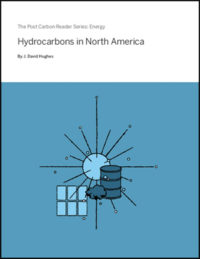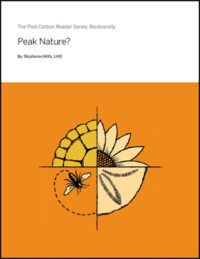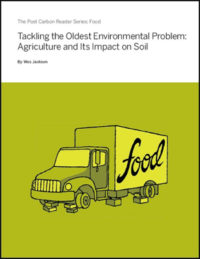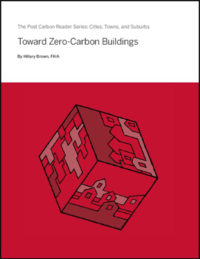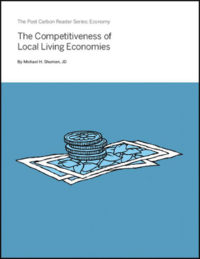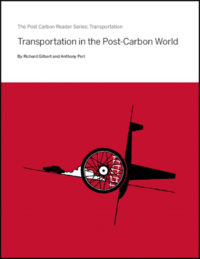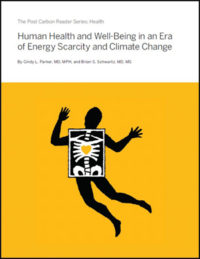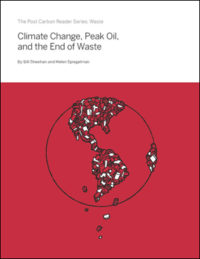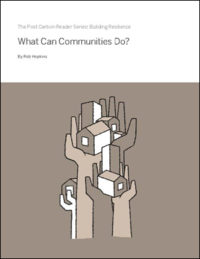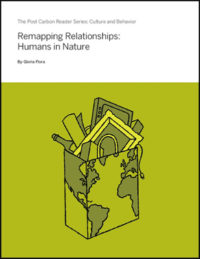
Remapping Relationships: Humans in Nature
It seems that the more a society sees itself as cerebral, with clever technological and material innovations, the more its bonds with, and recognition of, the significance of nature processes and ecosystems recede. The ability to create artificial environments (air conditioning, heating, lighting) and chemically alter natural materials (processed food, plastic) perhaps gives the illusion […]

